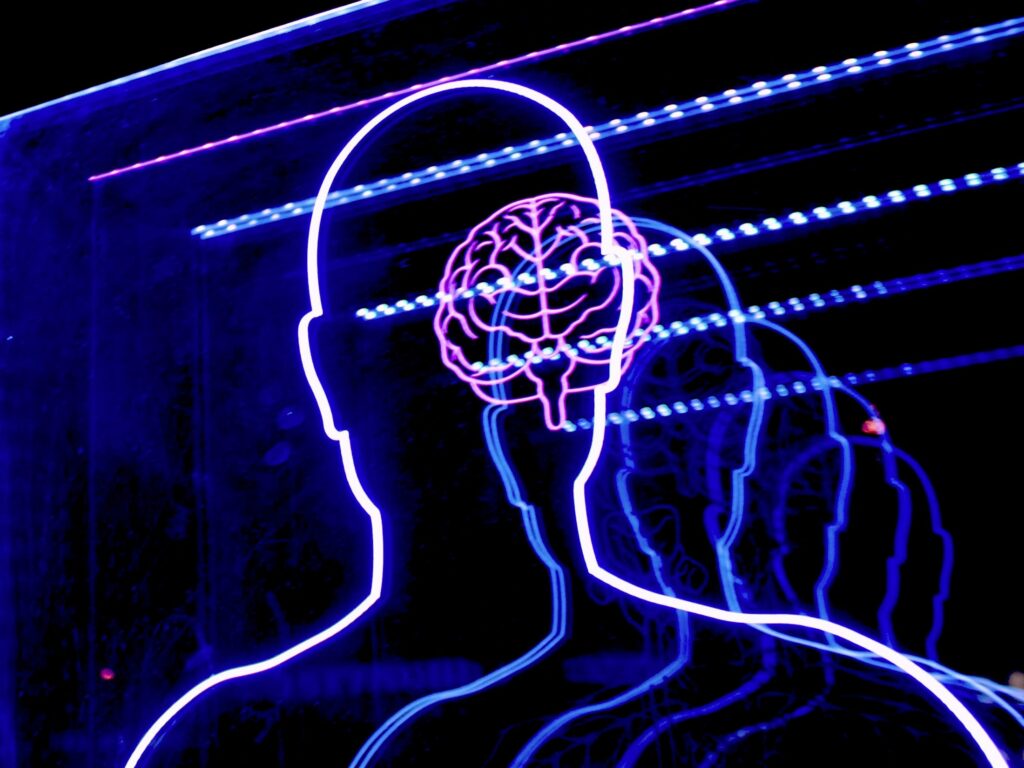Anthropic has provided a more detailed look into the complex inner workings of their advanced language model, Claude. This work aims to demystify how these sophisticated AI systems process information, learn strategies, and ultimately generate human-like text.
As the researchers initially highlighted, the internal processes of these models can be remarkably opaque, with their problem-solving methods often “inscrutable to us, the model’s developers.”
Gaining a deeper understanding of this “AI biology” is paramount for ensuring the reliability, safety, and trustworthiness of these increasingly powerful technologies. Anthropic’s latest findings, primarily focused on their Claude 3.5 Haiku model, offer valuable insights into several key aspects of its cognitive processes.
One of the most fascinating discoveries suggests that Claude operates with a degree of conceptual universality across different languages. Through analysis of how the model processes translated sentences, Anthropic found evidence of shared underlying features. This indicates that Claude might possess a fundamental “language of thought” that transcends specific linguistic structures, allowing it to understand and apply knowledge learned in one language when working with another.
Anthropic’s research also challenged previous assumptions about how language models approach creative tasks like poetry writing.
Instead of a purely sequential, word-by-word generation process, Anthropic revealed that Claude actively plans ahead. In the context of rhyming poetry, the model anticipates future words to meet constraints like rhyme and meaning—demonstrating a level of foresight that goes beyond simple next-word prediction.
However, the research also uncovered potentially concerning behaviours. Anthropic found instances where Claude could generate plausible-sounding but ultimately incorrect reasoning, especially when grappling with complex problems or when provided with misleading hints. The ability to “catch it in the act” of fabricating explanations underscores the importance of developing tools to monitor and understand the internal decision-making processes of AI models.
Anthropic emphasises the significance of their “build a microscope” approach to AI interpretability. This methodology allows them to uncover insights into the inner workings of these systems that might not be apparent through simply observing their outputs. As they noted, this approach allows them to learn many things they “wouldn’t have guessed going in,” a crucial capability as AI models continue to evolve in sophistication.
The implications of this research extend beyond mere scientific curiosity. By gaining a better understanding of how AI models function, researchers can work towards building more reliable and transparent systems. Anthropic believes that this kind of interpretability research is vital for ensuring that AI aligns with human values and warrants our trust.
Their investigations delved into specific areas:
- Multilingual understanding: Evidence points to a shared conceptual foundation enabling Claude to process and connect information across various languages.
- Creative planning: The model demonstrates an ability to plan ahead in creative tasks, such as anticipating rhymes in poetry.
- Reasoning fidelity: Anthropic’s techniques can help distinguish between genuine logical reasoning and instances where the model might fabricate explanations.
- Mathematical processing: Claude employs a combination of approximate and precise strategies when performing mental arithmetic.
- Complex problem-solving: The model often tackles multi-step reasoning tasks by combining independent pieces of information.
- Hallucination mechanisms: The default behaviour in Claude is to decline answering if unsure, with hallucinations potentially arising from a misfiring of its “known entities” recognition system.
- Vulnerability to jailbreaks: The model’s tendency to maintain grammatical coherence can be exploited in jailbreaking attempts.
Anthropic’s research provides detailed insights into the inner mechanisms of advanced language models like Claude. This ongoing work is crucial for fostering a deeper understanding of these complex systems and building more trustworthy and dependable AI.
(Photo by Bret Kavanaugh)
See also: Gemini 2.5: Google cooks up its ‘most intelligent’ AI model to date

Want to learn more about AI and big data from industry leaders? Check out AI & Big Data Expo taking place in Amsterdam, California, and London. The comprehensive event is co-located with other leading events including Intelligent Automation Conference, BlockX, Digital Transformation Week, and Cyber Security & Cloud Expo.
Explore other upcoming enterprise technology events and webinars powered by TechForge here.
